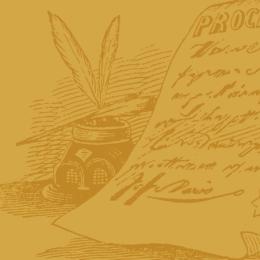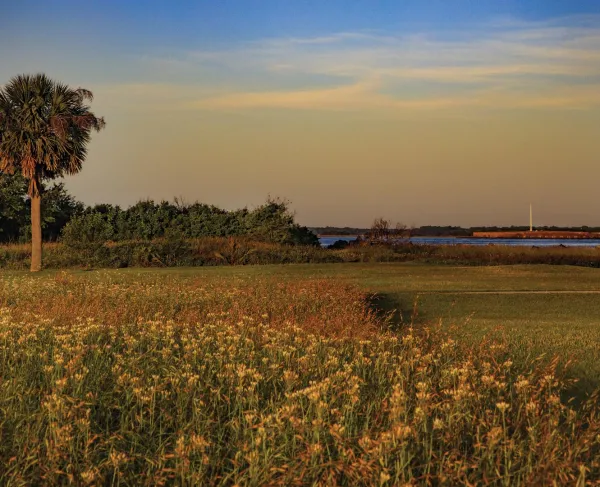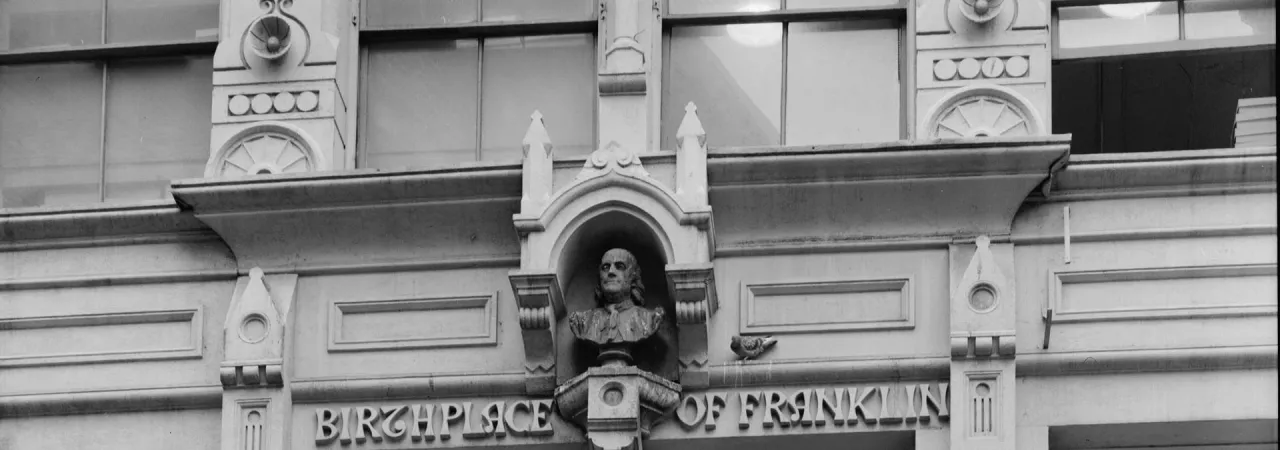
Benjamin Franklin Birthplace Site, 17 Milk Street, Boston, Suffolk County, MA
Benjamin Franklin's name seems synonymous with one American city: Philadelphia. Though Franklin passed a great deal of time across the Atlantic Ocean representing America in one capacity or another, he spent most of his adult life in that Pennsylvania metropolis. Many of the achievements he is remembered for occurred in the environs of Philadelphia or its immediate countryside. However, Benjamin Franklin was not born nor raised there. He was born in Boston, Massachusetts on January 6, 1706 in the old-style calendar. That city, approximately 300 miles from Philadelphia, played a major role in shaping the life and trajectory of one of the most famous Americans.
Benjamin’s father, Josiah Franklin was born in England in 1657 but emigrated to Boston in 1683. He fathered seventeen children with two wives, and held occupations as a tallow chandler, soaper, and candlemaker. Benjamin was the eighth child from Josiah's second marriage and his fifteenth child overall. A young Benjamin remembered growing up in Boston and becoming a leader amongst his cadre of young boys that played along the wharves and riverbank of the Charles River.
Ironically, the degree to which his upbringing in Boston meant to Franklin remains a mystery. He seemed to marginalize his birthplace later in life as well. When he was in his later years, he penned that he was born on the corner of Hanover and Union Streets, yet he was actually born on Milk Street. Bostonian Society historians perused records which reveal that Josiah Franklin is listed as a tenant at the Milk Street location from 1685 to 1712, six years after Benjamin was born. Was Franklin’s memory faulty or did he just not remember? One will never know.
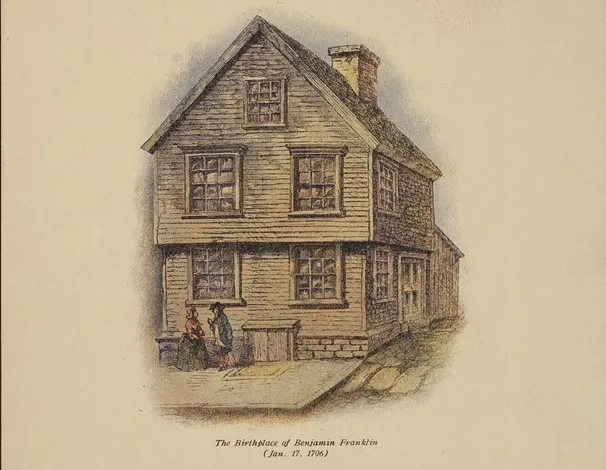
From that early age though, Franklin developed a voracious appetite for books. This prompted his parents to speculate that a calling to be a minister may be in their child’s future. However, that was not to be. Though Franklin held a plethora of jobs throughout his life, he certainly did not feel called by the pulpit. In fact, as a child Franklin hid in a printing shop on Sundays instead of attending church. He did attend South Grammar School, better known as Boston Latin at the age of eight and quickly rose to the top of his class. The next year he switched to George Brownell’s English School which focused on writing and arithmetic, showing great promise in writing but little enthusiasm for arithmetic.
After speculation of a possible career in the clergy was doused and the inability for his father to continue paying for his schooling, Franklin began an apprenticeship in his father’s store at the age of ten. There he assisted his father in making soap and candles, his various tasks included the cutting of wicks, filling molds, and running any errands the shop needed. However, the younger Franklin did not show an interest in his father’s profession either and showed more interest a career on the ocean as a sailor. To forestall another son heading to the seas as did an older sibling of Benjamin’s did, his father sent him to his brother James’s print shop in another apprenticeship.
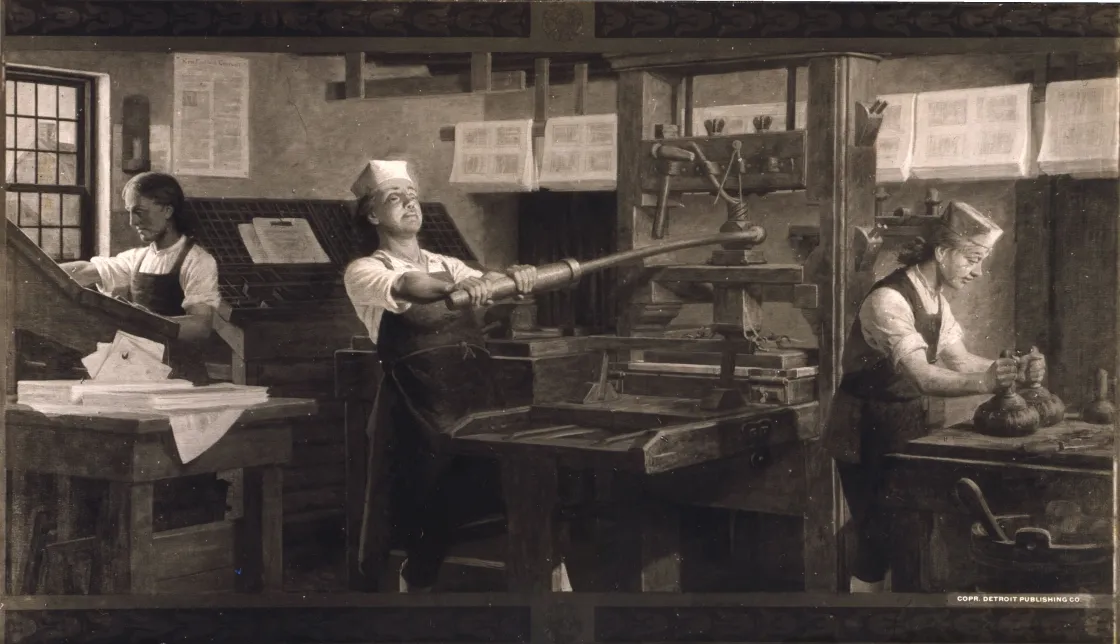
Here his love of books continued to grow. The astute boy used any money that came into his hands on acquiring further volumes to read and digest. As new ideas abounded in his head, Franklin briefly spent time as a vegetarian after reading “The Way to Health” by Thomas Tryon. But by the following year, age 17, his vegetarian only diet was over. This early insight shows the burgeoning attitude of Franklin of digesting new information, testing it out, and practicing what he believed. Additionally, this highlighted that he could change when a former path did not suit the next phase of his learning or life.
During Franklin's apprenticeship, his brother James ran the publication The New-England Courant which is credited as the first independent journal without a tie to the colonial government of Massachusetts. This enabled James to publish attacks on Boston’s political and religious establishment. Unfortunately, this freedom arrived with consequences. James was imprisoned and when released had to abide by a term that limited his publication to censorship by authorities. While James was incarcerated, Benjamin supposedly continued as the editor of the publication. Writing as an advocate for journalistic freedom in the United States years later, Franklin confessed that “printers are educated in the belief that when men differ in opinion, both sides ought equally to have the advantage of being heard by the public.”
However, the two Franklin brothers did not see eye to eye regarding one of the journal’s authors. While apprenticed at the print shop, Benjamin Franklin developed his first penname, Silence Dogood, at the age of 16. Dogood, a middle-aged widow, left a letter every fortnight under the door of James Franklin's print shop for publication in the next issue of The New-England Courant. For a total of 14 letters, these accounts provided jest on various topics of life in colonial North America. Her style resonated with the readership, even inducing some male readers to send letters proposing marriage to the fictional widowed Dogood. When James found the identity of the writer to be his own brother, he angrily put an end to the matter. One could argue that Franklin at the young age of 16 was the inventor of fake news in North America. Besides earning that potential credit, Benjamin chafed under the control his brother held over him. With the end of the Dogood articles, the younger Franklin planned his exit from Boston.
Angered by his brother and finding the atmosphere of Boston stifling to a man of his ambition, Benjamin Franklin finally settled on escaping from the city. In the fall of 1723, a friend convinced a sloop captain that Franklin had gotten a girl pregnant and the relatives of this fictious woman demanded that he wed her. Thus, the captain was asked if he could secret Franklin to New York City and thence onto Philadelphia.
When he arrived in Philadelphia, he rented a room in the house of John Read, eventually marrying his daughter Deborah seven years later. In the ensuing time he found employment as a printer. Franklin did return to Boston with the hope of opening his own printing shop. But when his father rebuffed his overture for a loan, Franklin returned to the capital of Pennsylvania.
The formative years, the lessons learned, and a few apprenticeships serve as the role that Boston played in the life of Benjamin Franklin. He never forgot his roots and where he started his life journey, preferring to simply refer to himself as “B.F. of Philadelphia, Printer” in his will.
However before the time came to draw up that will, Franklin remembered his inauspicious start in the place that would forever be intertwined with his name. When Franklin arrived in Philadelphia in 1723, he wrote years later, he was simply, “a boy of but 17, without the least recommendation, or knowledge of any person in the place, and with very little money in my pocket.” He did have determination and drive though, and a desire to make a name for himself. In the next 67 years he spent on Earth, Benjamin Franklin did just that.

